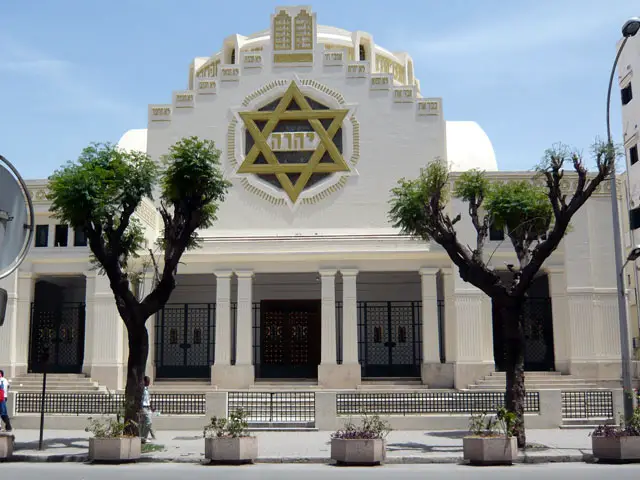The incident at Tunisia’s Grand Synagogue symbolizes a complex moment that reveals the nuanced threats which face religious facilities throughout the country.
During the Sabbath prayers which serve as a time for sacred spiritual rituals many Muslim believers assemble the attack took place breaking bracketed principles of peace and worship.
To comprehend the situation we must investigate Tunisia’s intricate historical role in religion. Before the demographic changes over recent decades, Tunisia hosted tens of thousands of Jewish residents who now form a negligible minority. 1,500 Jews currently reside in Tunisia making up a fraction of the past thriving Jewish population.
Such violence represents part of an increasing pattern of tension that appears across Tunisia. Multiple dangerous assaults against Jewish sites occurred throughout 2023 in the country.
A fatal assault by a national guardsman killed five people at the ancient El-Ghriba synagogue in Djerba during its annual pilgrimage. The destruction of El Hamma’s historical synagogue followed additional vandalism while pro-Palestinian supporters burned down the Sfax synagogue garden.
Despite limited details released by authorities, they acknowledged the perpetrator suffered from undisclosed psychiatric conditions. Further analysis would reveal the hidden causes and broader communal patterns which resulted in this dramatic yet destructive action.
Religious relations in North Africa prove exceptionally delicate based on this tragic story. The official statement from the Tunisian Interior Ministry concentrates on enabling people to understand basic event facts such as the self-immolation action followed by movement toward police personnel which caused his death together with police wounds to one officer and an eyewitness.
The shrinking Jewish community in Tunisia faces these incidents as larger than mere momentary occurrences. These incidents continue to threaten the basic sense of security and social integration for Tunisia’s Jewish population while their community struggles to survive open social change. Behind these repeated attacks on Jewish monuments exists a combination of historical, political and community tensions spanning farther than a single tragedy.
Questions regarding Tunisia’s cultural diversity require thoughtful consideration together with intensified actions for fostering respectful religious coexistence.






